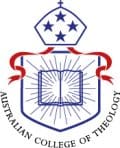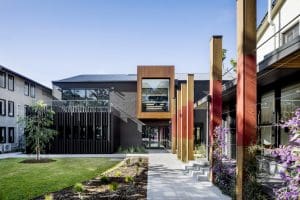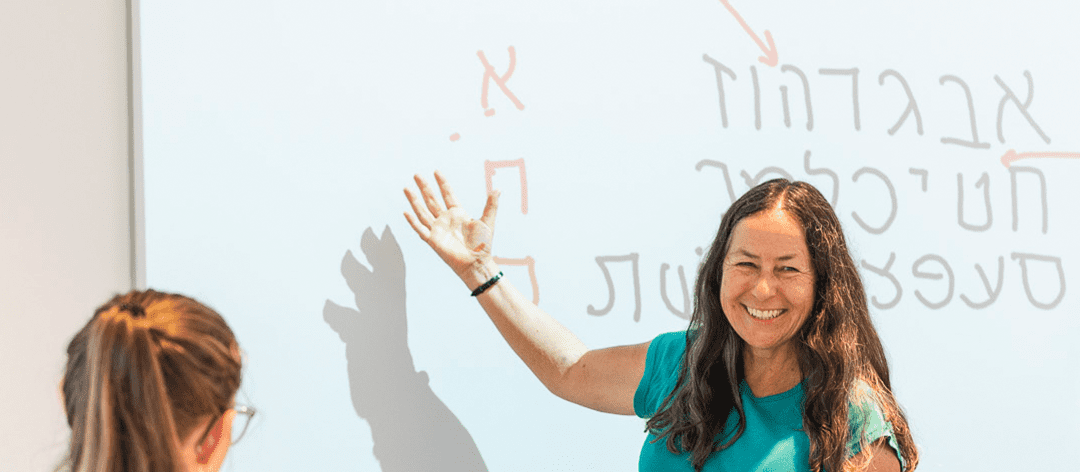Doctor of Ministry
The Doctor of Ministry is a professional doctoral course for ministry practitioners designed to be undertaken part-time over six years. It is distinguished from a Doctor of Philosophy by a coursework component, a shorter project (50,000 words) and a focus on the practical application of new knowledge to effective mission and ministry.
The Doctor of Ministry course is designed to enable candidates to make a unique contribution to ministry and mission with their own research and writing. It offers a range of subjects in a variety of formats designed to fit into a busy ministry schedule.
With flexible learning options, we offer an approach to study that is also viable for those who live outside of Melbourne. The assessment is designed so that it can be applied to your area of research interest. Subjects are taught by leading practical theologians in a wide range of topics.
This course is only available to Australian domestic candidates.
Course Details
| Duration |
6 years part-time
This degree is currently not available for full-time enrolment |
| Mode |
On-campus, Online, Multi-mode |
| Timing |
Part-time
Intensive or Extensive Classes
Some semester-based subjects available |
| Course Level |
Australian Qualifications Framework Level 10 |
| Subject Level |
All coursework subjects must be completed at level 9 |
| Early exit point |
Graduate Certificate of Divinity |
Admission
Requirements
|
- Please consult the ACT Doctor of Ministry page for details of all admission requirements
- Language Qualifications for NESB: IELTS 7.0 overall with a minimum of 7.0 in reading and writing, and 6.5 in listening and speaking OR 10 years in Australia with English being the language primarily spoken both at home and work
|
| Graduate Outcomes |
Graduates of this course will be qualified for employment in churches, denominational leadership and NGO positions, as well as in teaching pastoral and missions courses in theological colleges and seminaries in Australia and overseas. |
| Fee Help |
Eligible for FEE-HELP |
| Credit Points |
288 (24 subjects each worth 12 credit points); all coursework units must be completed at Level 9. |
Course Structure
Candidates complete Research Methods and three Level 9 Ministry and Practice subjects in the coursework phase of the degree (first two part-time years). Where a candidate has already completed an approved Research Methods subject, this requirement can be replaced with another elective.
Learning Pathways
Ridley offers six specialist learning pathways based on the specialisations of faculty and resources available in the Ridley library:
- Leadership
- Preaching
- Public Christianity
- Church Growth and Health
- Cross-cultural Mission
- Youth and Family Ministry
Candidates are asked to choose an area of specialisation based on their proposed research interest as part of the application process; however, it is recognised that their topic may be further developed and refined during the course of their degree.
|
Phase |
Semester One |
Semester Two |
| Year One |
Foundation |
- Elective Subject (12cps)
- Personal Formation Subject A
|
- Elective Subject (12cps) ·
- Personal Formation Subject A
|
| Year Two |
Foundation |
- Elective Subject (12 cps)
- Personal Formation Subject A
(formal enrolment; 12 cps)
|
- Research Methods (12 cps)
- Personal Formation Subject A
(formal enrolment; 12 cps)
|
| Year Three |
Research |
- Research Project (24 cps)
- Personal Formation
Subject B
|
- Research Project (24cps)
- Personal Formation Subject B
|
| Year Four |
Research |
- Research Project (24 cps)
- Personal Formation
Subject B
(formal enrolment; 12 cps)
|
- Research Project (24 cps)
- Personal Formation Subject B
(formal enrolment;
12 cps)
|
| Year Five |
Research |
- Research Project (24 cps)
- Personal Formation Portfolio
Subject C
|
- Research Project (24 cps)
- Conference Participation (12 cps)
- Personal Formation Portfolio
Subject C
|
| Year Six |
Research |
- Research Project (24 cps)
- Personal Formation
Portfolio C
(formal enrolment; 12 cps)
|
- Research Project (24 cps)
- Personal Formation Portfolio C
(formal enrolment;
12 cps)
|
Research Phase
The research phase consists of research in the candidate’s chosen topic with regular supervision by one of Ridley’s specialist faculty members. This phase is undertaken over four years. Supervisors support candidates over this period of personal research and writing and offer feedback and accountability.
Cohorts
A feature of the Doctor of Ministry is the biannual cohort meetings where candidates will discuss their learning, refine their ability for reflective practice, and develop their research skills. A set book is discussed at each each meeting, and a book review submitted for each book. These facilitated cohort gatherings will contribute to a Personal Formation Portfolio to be presented at the end of the course. The content of these cohort meetings, personal reflection, and book reviews constitute the syllabus of Personal Formation A (years 1 and 2), Personal Formation B (years 2 and 3), and Personal Formation Portfolio (years 5 and 6).
Additional Entry Requirements
As well as suitable previous academic qualifications in theology and ministry as described on the ACT Doctor of Ministry page, the following ministry experience prerequisites are required:
- A minimum of five years of significant contribution to a ministry context since completion of the first ministry degree
- Applicants are currently ministry practitioners
- A letter of commendation from the applicant’s current employing body
- Written confirmation from the employing body that it understands the extent of the commitment required and agrees to support the candidate to enable them to complete the course
Applicants without a research project as part of a previous degree may apply for recognised prior learning based on their ministry experience, professional development, and CV.
Please contact Alison Flynn on registrar@ridley.edu.au for further information and application forms for this degree.
Apply now

This is a course of the Australian College of Theology.







